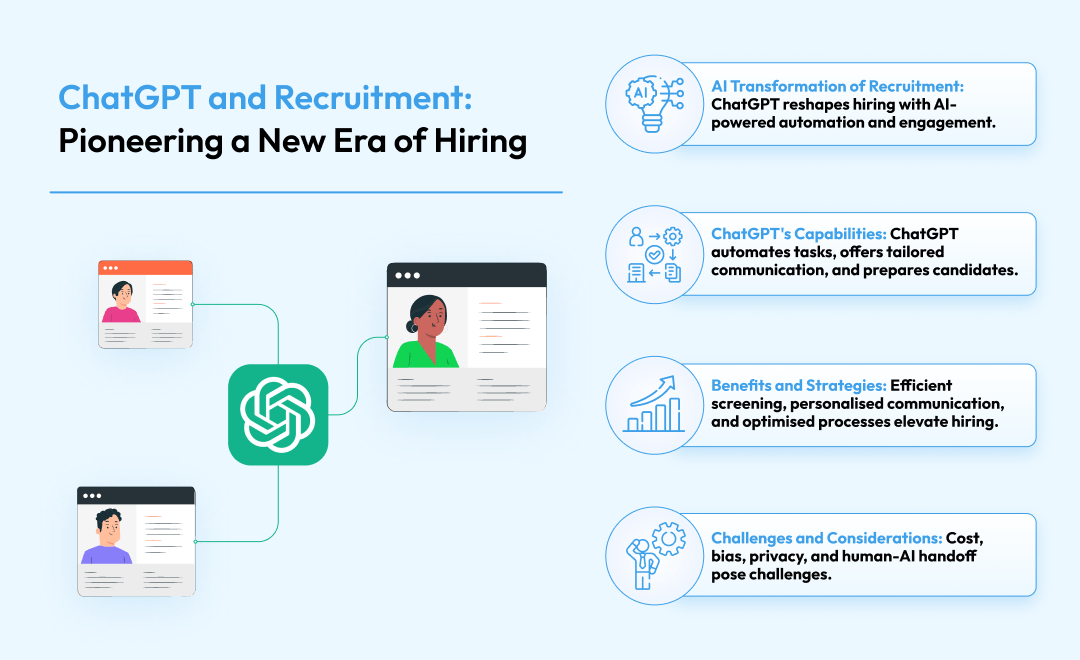
Recruitment today has evolved into a complex and multifaceted process. Finding the right candidates demands precision, efficiency, and a keen understanding of effective communication. With the emergence of advanced AI technologies, a new era of possibilities has dawned upon the recruitment landscape. At the forefront of this transformation stands Chat GPT, a revolutionary AI language model developed by OpenAI. Chat GPT is not just a mere chatbot; it's a versatile tool that has the potential to revolutionise the way recruitment is approached. This blog delves into the realm of "Chat GPT for Recruitment," exploring its profound impact, benefits, strategies for effective utilisation, and the future it promises in shaping a more streamlined and candidate-focused recruitment process.
How can ChatGPT transform the world of recruitment?
ChatGPT holds the potential to usher in a significant transformation in the realm of recruitment. By harnessing its advanced language capabilities, this AI-powered tool can automate and streamline various aspects of the recruitment process, fundamentally altering the way organisations identify and select potential candidates. ChatGPT's capacity to generate human-like responses enables it to engage in personalised communication with candidates, answer queries promptly, and provide tailored information about job openings and company culture. This level of interaction enhances the candidate experience, fostering a positive perception of the organisation from the outset. Moreover, ChatGPT can aid in crafting compelling job descriptions, drafting interview questions, and even simulating mock interviews to help candidates prepare effectively. By expediting administrative tasks, such as screening resumes and scheduling interviews, ChatGPT frees up valuable time for human recruiters to focus on higher-level tasks like assessing cultural fit and interpersonal skills. As a result, the integration of ChatGPT into the recruitment process has the potential to revolutionise efficiency, effectiveness, and engagement, ensuring a better match between candidates and organisations in today's dynamic job market.
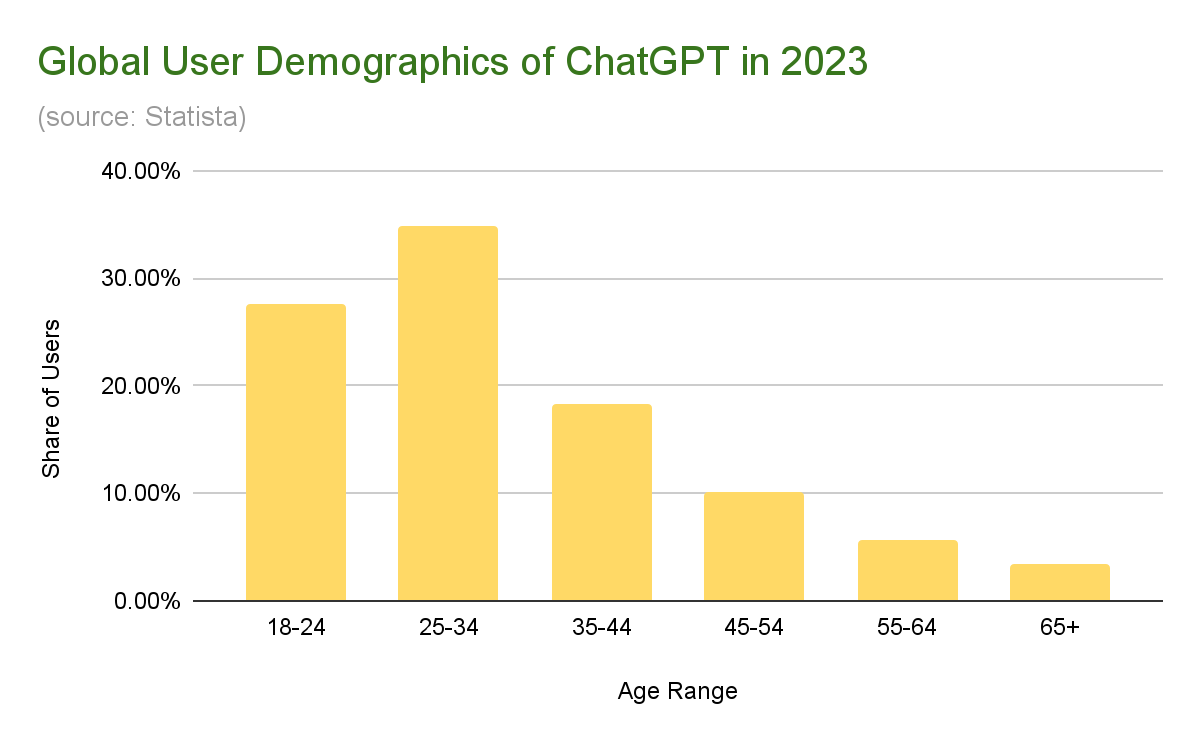
What are the major benefits of using ChatGPT for recruitment and how can recruiters optimise the hiring process using it?
Using ChatGPT for recruitment offers several significant benefits that can streamline the hiring process and improve overall efficiency. Here are some key advantages and strategies for optimising the hiring process using ChatGPT:
- Automation of Administrative Tasks: ChatGPT can handle routine tasks like responding to candidate inquiries, scheduling interviews, and collecting basic information. This automation saves recruiters time and allows them to focus on more strategic aspects of the recruitment process.
- Enhanced Candidate Experience: ChatGPT provides prompt and personalised responses to candidates' queries, creating a positive impression of the organisation. This improved experience can contribute to a stronger employer brand and attract top talent.
- Efficient Screening: The AI can assist in screening resumes and applications by extracting relevant information and comparing it against job requirements. This helps in shortlisting candidates who meet the initial criteria.
- Tailored Interview Questions: ChatGPT can generate interview questions tailored to specific roles or skill sets. Recruiters can receive a list of questions that assess candidates' competencies, technical knowledge, and soft skills.
- Consistency in Communication: ChatGPT ensures consistent communication with candidates, providing standardised responses to common queries. This consistency reflects professionalism and fairness throughout the hiring process.
Optimising the Hiring Process Using ChatGPT:
- Define Use Cases: Clearly identify the areas in the recruitment process where ChatGPT can be most beneficial. This could include initial candidate engagement, answering FAQs, interview preparation, and more.
- Develop Conversational Flows: Design conversational flows that guide candidates through different interactions. Map out potential paths and decision points to ensure a seamless experience.
- Train the Model: Train ChatGPT on your organisation's recruitment data to make its responses more accurate and contextually relevant. Fine-tune the model to align with your specific needs.
- Utilise Pre-Screening: Let ChatGPT handle initial candidate screening by asking relevant questions. This helps in identifying suitable candidates and reduces manual effort.
- Improve Communication: Utilise ChatGPT to craft professional and personalised email responses. Maintain consistent communication throughout the recruitment process to keep candidates engaged.
- Simulate Mock Interviews: Use ChatGPT to conduct mock interviews with candidates, helping them prepare for the real interview process. This can improve candidates' confidence and performance.
- Leverage Social Media: Create engaging social media posts for job openings using ChatGPT. This expands your reach and attracts a wider pool of candidates.
- Monitor and Refine: Continuously monitor the performance of ChatGPT in recruitment interactions. Collect feedback from candidates and recruiters to refine its responses and improve the user experience.
How do recruiters utilise ChatGPT for candidate recruitment, including preparing interview questions and other tasks?
Recruiters can utilise ChatGPT in various ways to streamline candidate recruitment, from preparing interview questions to handling other essential tasks. Here's a breakdown of how ChatGPT can be effectively employed in the recruitment process:
Preparing Interview Questions:
- Personalised Questions: Recruiters can use ChatGPT to generate tailored interview questions based on a candidate's resume and experience. By analysing the candidate's qualifications, ChatGPT suggests questions that delve into specific skills and knowledge areas.
- Behavioural Questions: ChatGPT can assist in creating behavioral interview questions that assess a candidate's soft skills, such as teamwork, communication, and problem-solving. These questions require candidates to share past experiences where they demonstrated these skills.
- Technical Questions: For technical roles, ChatGPT can generate questions that evaluate a candidate's proficiency in a specific technology or programming language. This helps ensure candidates possess the necessary technical expertise.
Other Recruitment Tasks:
- Initial Screening: ChatGPT can automate the initial screening process by analysing resumes and cover letters. It identifies qualified candidates based on predefined criteria, allowing recruiters to focus on top prospects.
- Crafting Job Descriptions: Recruiters can use ChatGPT to create engaging and accurate job descriptions. The tool suggests content that attracts the right candidates and aligns with the organisation's needs.
- Conducting Mock Interviews: ChatGPT can simulate interview scenarios, allowing candidates to practise their responses. This helps candidates feel more confident and prepared for the actual interview.
- Enhancing Email Communication: ChatGPT assists recruiters in crafting professional and personalised email responses. It maintains consistent communication with candidates, ensuring they are well-informed and engaged throughout the process.
- Analysing Engagement Metrics: Recruiters can leverage ChatGPT to track email open rates, click-through rates, and response rates. This analysis provides insights into the effectiveness of communication strategies.
- Qualification and Assessment: Using predefined questions, ChatGPT can engage candidates and assess their qualifications for a specific role. The AI tool assists in evaluating candidates against job requirements.
- Scheduling Interviews: ChatGPT can interact with candidates to schedule interview appointments. It checks the availability of interviewers and suggests suitable time slots.
- Collecting Candidate Information: ChatGPT gathers basic candidate information, such as contact details, work experience, and education history. This data can be used for further evaluation or to populate application forms.
Effective Use Strategies:
- Define Clear Objectives: Determine the specific recruitment tasks where ChatGPT will add value. Whether it's interview preparation, initial screening, or communication, clarity is key.
- Training the Model: Train ChatGPT using historical recruitment data or synthetic data. Fine-tune the model to provide accurate and contextually relevant responses.
- Develop User-Friendly Interface: Create an intuitive interface that candidates can easily interact with. Whether it's a chat widget on the company website or an integrated platform, usability matters.
- Monitor and Improve: Continuously monitor ChatGPT's performance and gather feedback from both candidates and recruiters. Regular improvements enhance user experience and effectiveness.
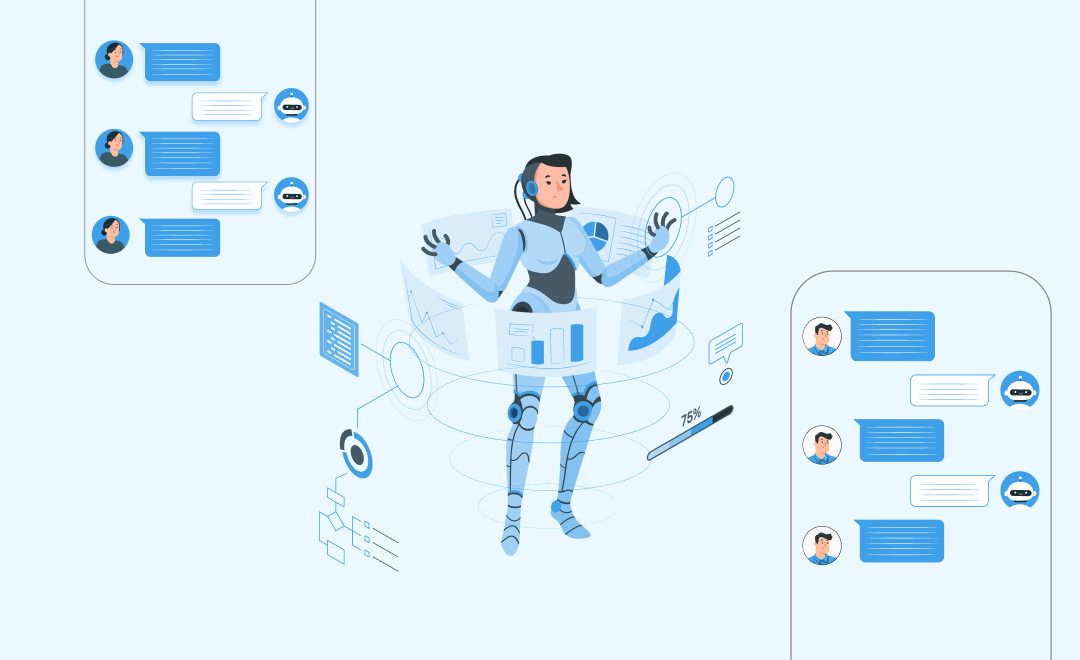
What considerations should be kept in mind for effective utilisation of ChatGPT in the recruitment process, including challenges and limitations?
Effectively utilising ChatGPT in the recruitment process requires careful consideration of various factors, along with an understanding of the challenges and limitations that may arise. Here are some key considerations to keep in mind:
- Clear Use Cases: Define specific use cases where ChatGPT can provide the most value. Whether it's interview preparation, initial screening, or answering FAQs, having clear objectives helps in utilising the tool effectively.
- Model Training: Train the ChatGPT model using relevant data to ensure accurate and contextually appropriate responses. Fine-tune the model to align with your organisation's communication style and candidate expectations.
- User Experience: Develop an intuitive and user-friendly interface that candidates can interact with seamlessly. The user experience plays a vital role in candidates' perception of the recruitment process.
- Data Privacy and Security: Ensure that the data collected and processed by ChatGPT adheres to data privacy regulations. Implement proper security measures to protect candidates' sensitive information.
- Human-AI Handoff: Establish a clear process for transferring conversations from ChatGPT to human recruiters when necessary. Complex or sensitive queries may require human intervention.
- Feedback Loop: Create a feedback loop where recruiters and candidates can provide insights on the effectiveness of ChatGPT interactions. Regular feedback helps refine responses and improve the tool's performance.
Challenges and Limitations:
- Cost:Implementing and maintaining ChatGPT, including model training and integration, can incur costs. Consider the financial implications and benefits before adopting the tool.
- Lack of Human Interaction: While ChatGPT is efficient, the lack of human touch can be a limitation, particularly for complex or sensitive candidate interactions. Balancing automation with personalised engagement is crucial.
- Potential for Bias: AI tools like ChatGPT can inherit biases present in training data. Ensure diverse and representative data is used during model training to mitigate potential biases.
- Technical Expertise: Implementing ChatGPT requires technical expertise for model training, integration, and customization. Organisations should have access to skilled personnel or consider outsourcing if needed.
- Candidate Perception: Candidates may have mixed perceptions about interacting with an AI during the recruitment process. Transparently communicate the role of ChatGPT to manage candidate expectations.
- Complex Queries: ChatGPT may struggle with complex or nuanced queries that require human judgement. Ensure a smooth handoff to human recruiters for such cases.
- Scope Limitations: ChatGPT's responses are based on patterns in the data it's trained on. It may not have real-time information or understand highly specific industry jargon.
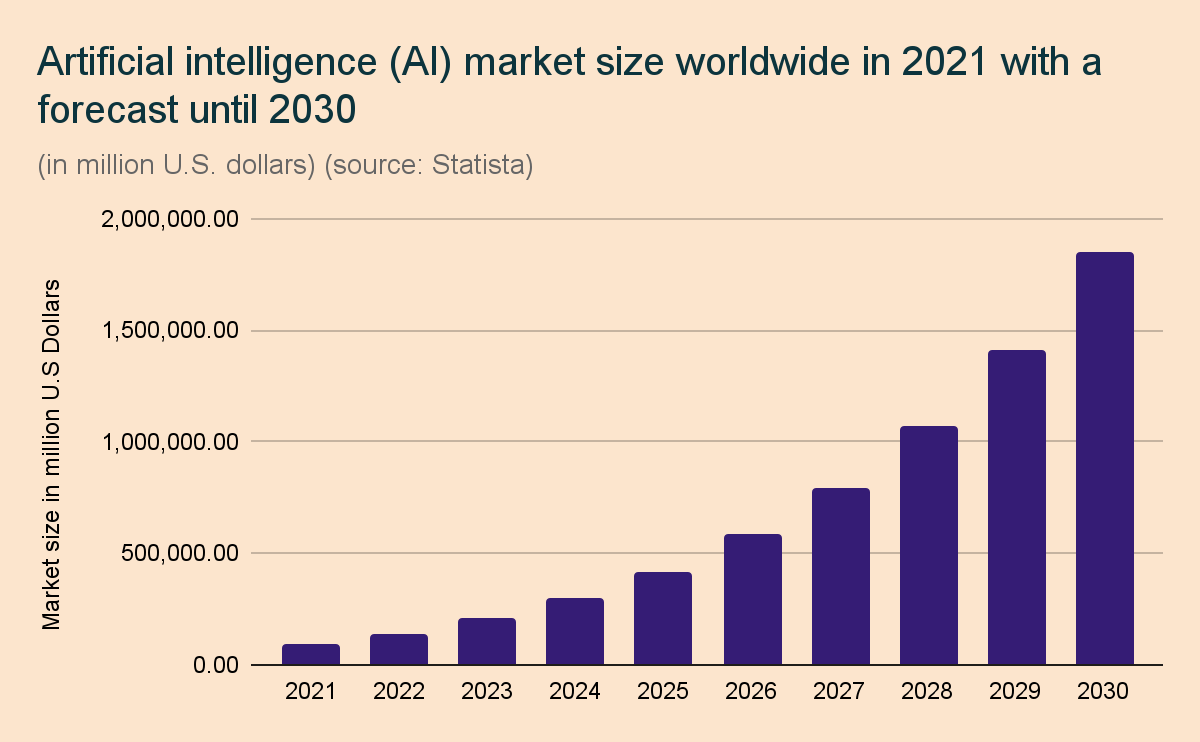
What is the potential impact of integrating ChatGPT into recruitment strategies and enhancing the candidate experience through improved communication and engagement?
Integrating ChatGPT into recruitment strategies can have a profound impact on enhancing the recruiter experience through improved communication and engagement. Here's how this integration can benefit recruiters:
- Time Efficiency: ChatGPT can automate routine and repetitive tasks such as answering frequently asked questions, scheduling interviews, and initial candidate screening. This frees up recruiters' time, allowing them to focus on more strategic and complex aspects of the recruitment process.
- Instantaneous Responses: With ChatGPT's real-time response capabilities, recruiters can provide immediate answers to candidates' inquiries. This reduces waiting times and ensures that candidates receive timely information, leading to a more positive impression of the recruitment process.
- Consistency in Messaging: ChatGPT delivers consistent responses to common queries. This consistency ensures that candidates receive accurate and uniform information, aligning with the organisation's messaging and values.
- Improved Candidate Engagement: ChatGPT can craft engaging and personalised communication for candidates, including outreach emails and social media posts. This personalised approach enhances candidate engagement and increases the likelihood of positive responses.
- Efficient Outreach: Recruiters can use ChatGPT to draft outreach messages for passive candidates. This feature streamlines the outreach process and maintains a high level of professionalism and personalization in communication.
- Data-Driven Insights: By analysing engagement metrics, recruiters can gain insights into candidates' interactions with ChatGPT. This data can inform recruitment strategies, helping recruiters tailor their approaches to resonate with candidates.
- Streamlined Screening: ChatGPT can pre-screen candidates by asking pertinent questions and assessing qualifications. Recruiters can then focus on candidates who have already met basic criteria, optimising the screening process.
- Enhanced Candidate Relationship Management: ChatGPT's ability to maintain ongoing conversations with candidates ensures that they stay engaged throughout the recruitment journey. Recruiters can build and nurture relationships, which is vital for a positive candidate experience.
- Feedback Collection: ChatGPT interactions provide a platform for candidates to offer feedback on the recruitment process. This input helps recruiters identify pain points and areas for improvement, fostering continuous enhancement.
- Round-the-Clock Availability: ChatGPT operates 24/7, catering to candidates in various time zones. This accessibility ensures that candidates can interact with the organisation at their convenience, widening the candidate pool.
- Enhanced Collaboration: Recruiters can collaborate with ChatGPT to refine interview questions, job descriptions, and outreach messages. This collaboration enhances the quality of communication and the accuracy of information.
- Modern Recruitment Image: The integration of advanced AI like ChatGPT conveys a modern and innovative recruitment approach. This image can attract tech-savvy candidates who value organisations using cutting-edge technology.
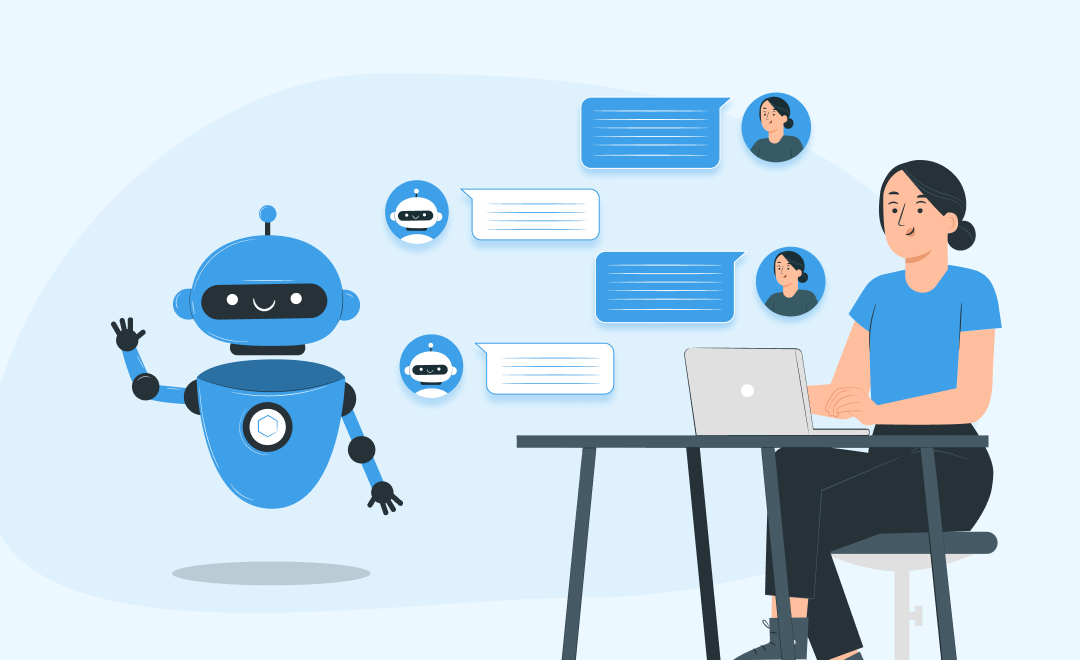
What is the importance of monitoring, improving, and ensuring a seamless human-AI handoff in the recruitment process when utilising ChatGPT?
Monitoring, improving, and ensuring a seamless human-AI handoff in the recruitment process when utilising ChatGPT, or any AI system, is of paramount importance for several reasons:
- Candidate Experience: The recruitment process can be daunting for candidates. A seamless handoff ensures that candidates receive consistent and accurate information at every stage, creating a positive and professional impression of the company.
- Quality Control: Monitoring the interactions between ChatGPT and candidates helps maintain the quality of communication. By identifying errors, misunderstandings, or misrepresentations early, you can correct them before they negatively impact the candidate's perception of the company.
- Legal and Ethical Compliance: The recruitment process is subject to legal and ethical considerations, such as non-discrimination and privacy regulations. A monitored handoff ensures that AI-generated content complies with these regulations and doesn't inadvertently lead to biased or inappropriate content.
- Efficiency and Time Savings: AI can assist in handling routine and repetitive tasks in the recruitment process, freeing up human recruiters to focus on more strategic and value-added activities. An efficient handoff ensures that AI handles tasks effectively, reducing the time and effort required from human recruiters.
- Consistency: AI can provide consistent messaging and information to all candidates, ensuring that each candidate receives the same level of attention and information. This helps maintain fairness and avoids giving certain candidates an advantage due to variations in human response.
- Customization and Personalization: Monitoring the handoff allows you to identify opportunities for personalising interactions. By analysing candidate responses and preferences, you can tailor subsequent interactions to meet individual needs and preferences.
- Continuous Improvement: Regularly monitoring interactions and evaluating AI performance helps in identifying areas where the AI might be struggling or generating suboptimal responses. This data can be used to refine the AI's training, leading to improved performance over time.
- Data Collection and Analysis: By tracking candidate interactions, you gather valuable data about candidate preferences, questions, and concerns. This data can inform your recruitment strategy, allowing you to identify trends and areas for improvement.
- Brand Image and Reputation: The way candidates are treated during the recruitment process directly impacts the company's brand image and reputation. A seamless handoff ensures that candidates feel respected and valued, positively influencing how they perceive the company.
- Risk Management: Inaccurate information or miscommunication during the recruitment process can lead to misunderstandings, which may ultimately result in legal issues or negative PR for the company. Monitoring and improving the AI-human handoff helps mitigate these risks.
To achieve these benefits, it's important to establish clear guidelines for when the AI should hand off to a human, train the AI model using relevant and accurate data, implement regular monitoring and quality assurance processes, and have a feedback loop for recruiters to provide input and corrections to the AI-generated content. This way, you can harness the capabilities of AI like ChatGPT while ensuring a positive and effective recruitment experience for candidates.
Conclusion
ChatGPT has emerged as a powerful ally in the realm of recruitment, transforming traditional processes and enhancing the overall candidate and recruiter experiences. As AI technology continues to evolve, its potential to reshape how organisations engage with potential talents is undeniable. While ChatGPT brings unprecedented efficiency, personalization, and automation to recruitment workflows, it's essential to strike a balance between AI and the human touch.
final thought


by Marketing Team
final thought

